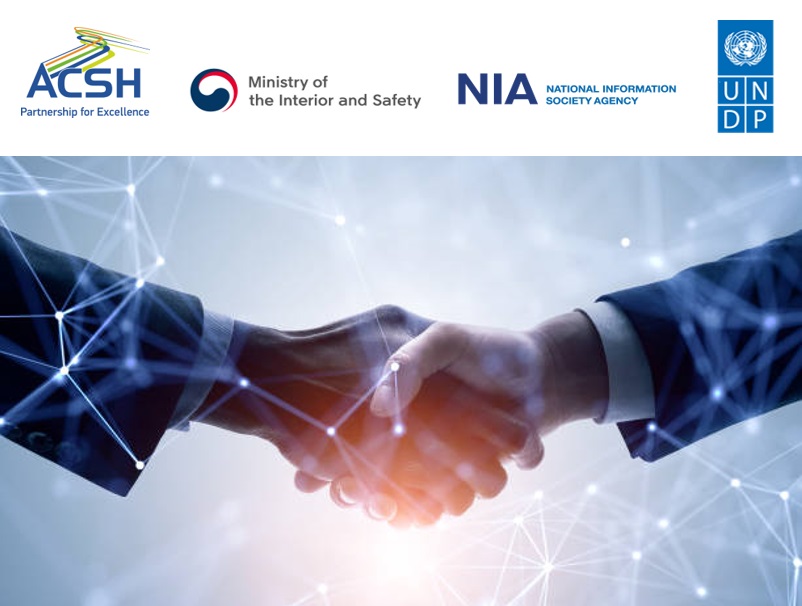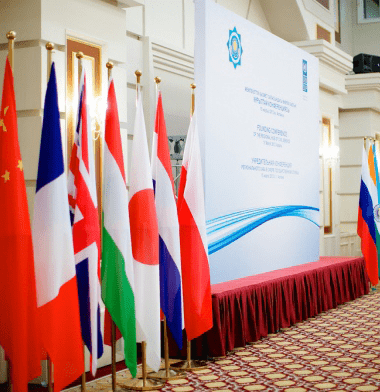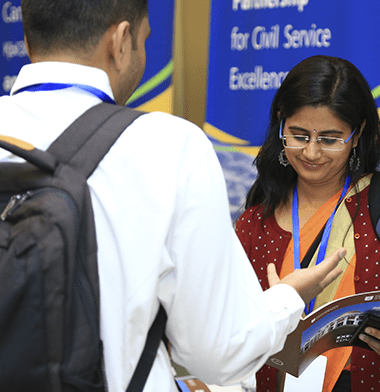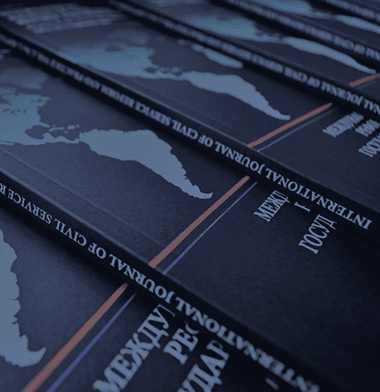The Government of the Republic of Korea, the ACSH, and UNDP launched their second joint regional project on Digital Transformation and Digital Governance

The Government of the Republic of Korea and the Astana Civil Service Hub (ACSH) have just launched their second joint regional project to strengthen the capacity of civil servants across various levels of government by sharing knowledge and experience for advancing digital transformation and digital governance in twelve countries of the Caucasus, Central Asia, and the Asia Pacific regions.
The project represents a continuation of the previous Project, which yielded numerous productive outcomes throughout its implementation from 2021 to 2023. Generous support from the Ministry of the Interior and Safety (MOIS) and the National Information Society Agency (NIA) has contributed to the advancement and acceleration of the digital transformation in seven countries of the Caucasus and Central Asia and made this project a success story in international cooperation.
Given the immense interest and persistent willingness for collaboration among the participating countries, the Government of the Republic of Korea has kindly endorsed and provided financial support for the next project with the participation of 12 countries. These are Armenia, Azerbaijan, Bangladesh, Cambodia, Georgia, Kazakhstan, Kyrgyzstan, Lao PDR, Mongolia, the Philippines, Tajikistan, and Uzbekistan.
The new project is designed for three years (2024-2026) and it has two main outputs. The first involves conducting a series of workshops, producing knowledge products, and organizing an inter-regional conference to determine the workshops’ focus areas. The second output entails arranging a series of study visits to Korea, providing representatives from participating countries with insights into digital transformation policies and practices of the Republic of Korea.
This development initiative will be implemented by the ACSH and the UNDP, in partnership with the MOIS and the NIA of the Republic of Korea. The project is financed by the Government of the Republic of Korea.



